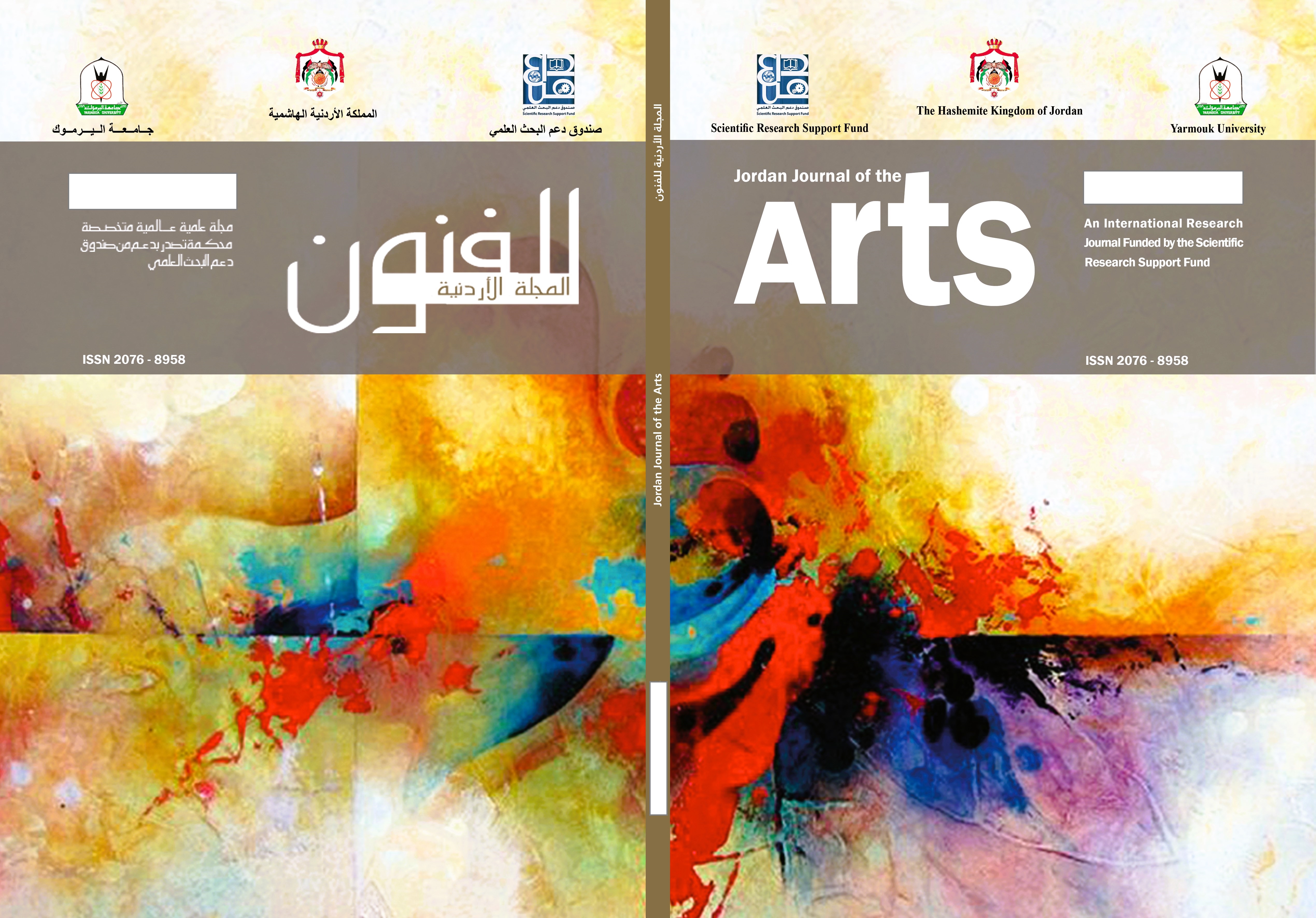Preserving the film archive as national heritage and cultural identity: reality and prospects
Keywords:
Film Archive, Immaterial Cultural Heritage, Conservation, National Identity, UNESCO, Tunisian Cinema.Abstract
The seventh art, despite being younger than the arts that preceded it by centuries, is worthy of study, examination, and preservation over time due to its rapid technological and artistic expansions. Each era of its development represents an independent milestone in the archaeology of cinema, forming cultural and aesthetic accumulations resulting from the diversity of artistic schools and visions. The use of the film archive as a research reference can serve as a means to connect cinema and audiovisual researchers with their counterparts in other fields such as heritage studies, documentation, and archiving. This interdisciplinary nature of cinema establishes a research link between various specialties, affirming the eligibility of its archive for preservation as a representation of national identity and considering it an intangible cultural heritage worthy of maintenance and sustainability.
The effort to preserve and care for the cinematic archive began in France, spearheaded by the Henri Langlois, the founder and president of the Cinémathèque Française (Khelifi, 1970, pp. 28-29). He established technical standards that ensure the sustainability of the seventh art and facilitate the interdisciplinary engagement of researchers who turn to it as a research reference. This struggle eventually expanded to include many nations with a rich cinematic history worthy of preservation and appreciation.
Through this research, the researcher aims to highlight the eligibility of registering the audiovisual archive of each country as intangible heritage recognized by UNESCO and included in its list, considering it an art, practice, and skill according to points (b), (c), and (e) of the second article, section two of the International Convention for the Safeguarding of the Intangible Cultural Heritage, issued during the 2003 Paris session of the annual meetings of UNESCO member states (UNESCO, 2003, p. 3).


